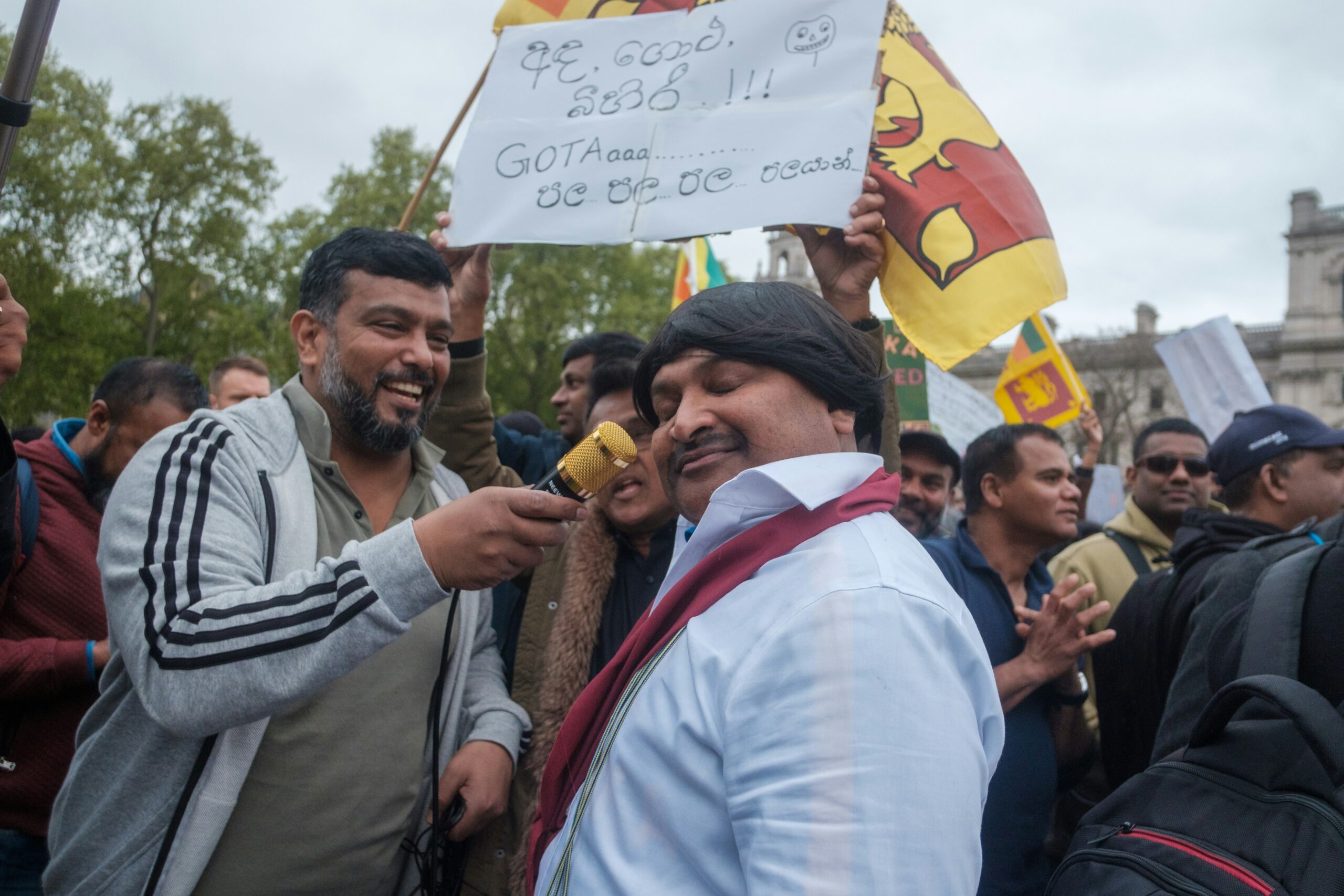
As Bolivia approaches a pivotal presidential election, the influence of former President Evo Morales remains a contentious issue. Morales, once heralded for significantly reducing poverty, now casts a divisive shadow over Bolivia’s political left.
Key Facts
- Evo Morales, Bolivia’s first president of Indigenous origin, brought major reforms and was credited with lifting millions out of poverty during his tenure.
- Despite his past popularity, Morales is now seen as a polarizing figure, causing rifts within the left-wing Movement for Socialism (MAS) party.
- Barred from running for a fourth term, Morales has encouraged his supporters to cast null votes, a strategy that could benefit right-wing candidates.
Background
Evo Morales emerged from humble beginnings as a coca farmer to become Bolivia’s first Indigenous president in 2006. His administration was marked by significant economic reforms, including the nationalization of the fossil fuel industry, which spurred economic growth and helped reduce extreme poverty significantly. However, Morales’s tenure was also marred by scandals and accusations of authoritarian practices, culminating in his controversial attempt to secure a fourth presidential term.
Timeline/What We Know
Morales’s political journey has been tumultuous. After being barred from a fourth term, he pushed for null votes in the upcoming elections, leading to predictions of a political suicide. His influence remains strong among rural and Indigenous populations, yet his political maneuvers have led to deep divisions within MAS. This internal conflict could potentially pave the way for a shift in power to right-wing factions in the upcoming elections.
Official Reactions
Reymi Ferreira, a former defense minister under Morales, criticized his strategy as irrational and potentially self-destructive. Meanwhile, Morales retains a base of loyal supporters ready to defend his legacy, often resulting in heightened tensions and protests across the country.
What’s Next
As the election day approaches, the effectiveness of Morales’s call for null votes remains to be seen. The political landscape in Bolivia is highly volatile, with potential shifts in voter allegiance that could reshape the nation’s governance structure. The election results will reveal the actual extent of Morales’s influence on Bolivia’s political future and whether his legacy will aid or hinder the left’s prospects.


